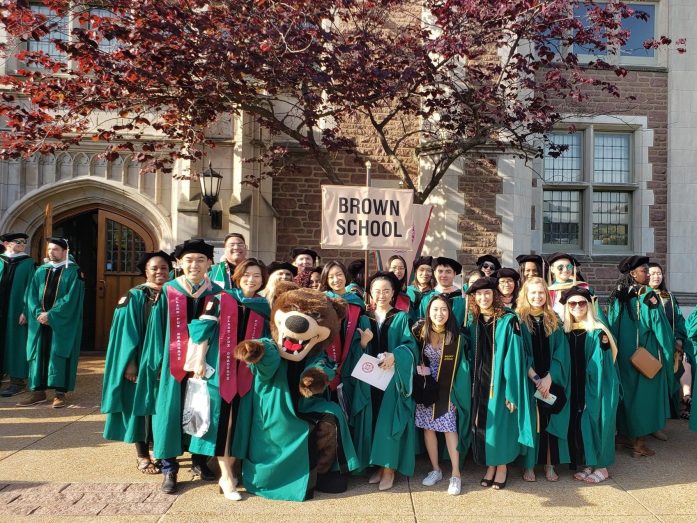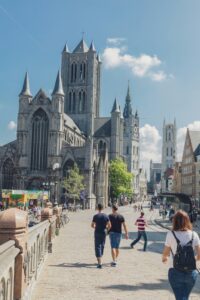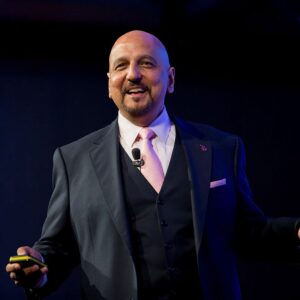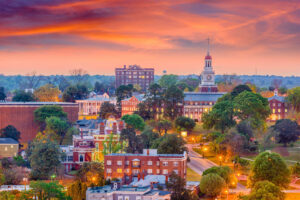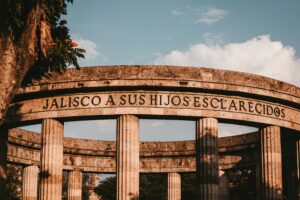The Brown School at Washington University in St. Louis is dedicated to creating positive social change through groundbreaking research and education in social work, public health, and social policy. Its community of faculty, graduate students, staff, and alumni works throughout St. Louis, across the country and worldwide—using the best evidence to advance racial, health, and economic equity.
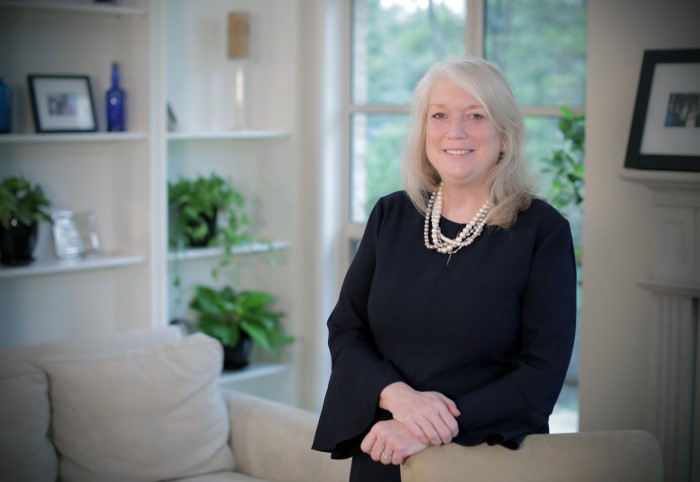
Mary McKay, Neidorff Family and Centene Corporation Dean
At the heart of the Brown School is a dedication to driving equity—racial, health and economic—and a commitment to impacting individuals, families, communities, and systems through evidence-based research.
The school houses master’s and doctoral programs in public health and social work, which are top-ranked among their peers, as well as 16 research centers focused on everything from combatting child maltreatment, to Native American welfare and policy, to the effective development and use of system dynamics to create solutions to social issues.
The Brown School also recently introduced a dual-degree option in social policy to enable students to further enact change on a systemic level. As part of the social policy program, students cultivate a true understanding of how policy impacts the ability of social work and public health practitioners to serve their constituents. They then gain skills in developing and implanting innovative policy approaches.
“The Brown School is a community unlike any other,” said Mary McKay, the Neidorff Family and Centene Corporation Dean. “We are a meeting place for renowned faculty members, innovative researchers, leading practitioners, and energetic students. We represent a range of expertise areas, but we are all united by this shared mission to make the world a better place.”

Professor Sean Joe presents at the HomeGrown STL Summit.
She continued: “We know, however, that the problems we address are complicated and multifaceted. We have developed a unique range of programs, research centers, and institutes so we are better equipped to build sustainable solutions that exist at the intersection of social work, public health, and social policy.”
You may find the school’s faculty experts conducting field research in Afghanistan, or testifying on Capitol Hill. You will also see them tirelessly advocating with local community organizations. The school is an active partner in creating healthier and more prosperous communities in and around St. Louis, and its faculty have launched several community- based initiatives.
Associate Professor Sheretta Butler-Barnes works with the Girls Inc. Eureka! Program, which exposes high school girls of color to an intensive STEM-based curriculum. Her research addresses structural racism and inequalities in education and youth development.
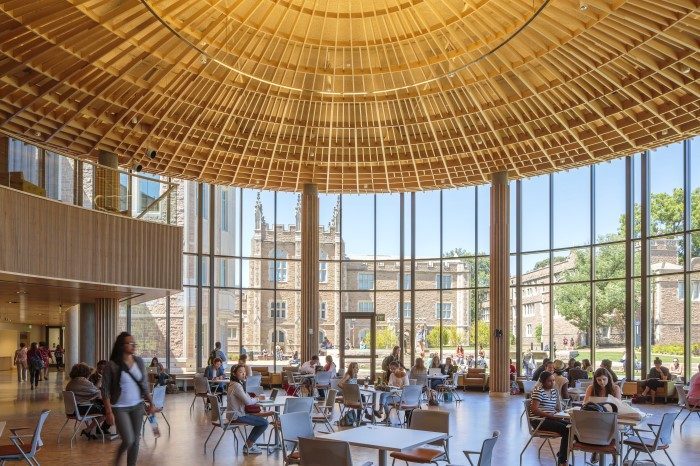
Health Equity Works, led by Associate Professor Jason Purnell, translates data into community action, with the goal of eliminating racial inequities and improving health, housing, and economic opportunity in the area.
After helping to launch the new school-based health center at Normandy High School, the initiative recently launched the Show-Me School-Based Health Alliance of Missouri, an organization that provides training and assistance to existing and emerging school-based health centers throughout the state.
Vetta Sanders Thompson, who is the E. Desmond Lee Professor of Racial and Ethnic Diversity and Associate Dean for Diversity, Inclusion, and Equity, combines a social science understanding of racial identity, rigorous measurement, and community-based participatory research in her work. Her goal is to empower members of the community to improve their health and well-being.
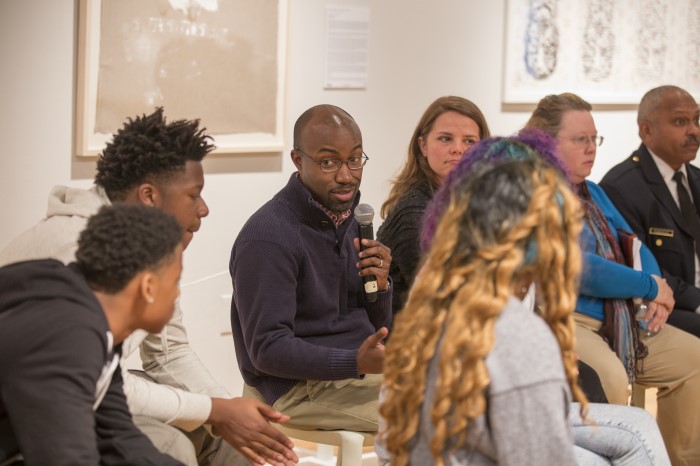
Sean Joe, the Benjamin E. Youngdahl Professor of Social Development and Associate Dean for Faculty and Research, founded HomeGrownSTL to bolster the city’s capacity to foster positive development of Black boys and young men.
Central to HomeGrown’s mission is answering the question: “How would our region—and the lives of people who call it home—change if St. Louis were the best place for Black boys to grow up, be healthy, attend college, and find a good job?” The project brings together area researchers, service providers, funders, and advocates to develop more coordinated systems of care and services in neighborhoods of need.
“We are so proud that our faculty, students, and alumni have aspirations to change the world but also want to start right here in our region,” said Dean McKay. “St. Louis is vitally important to us. There is so much good and innovative work being done here, and we want to be a part of it.”
